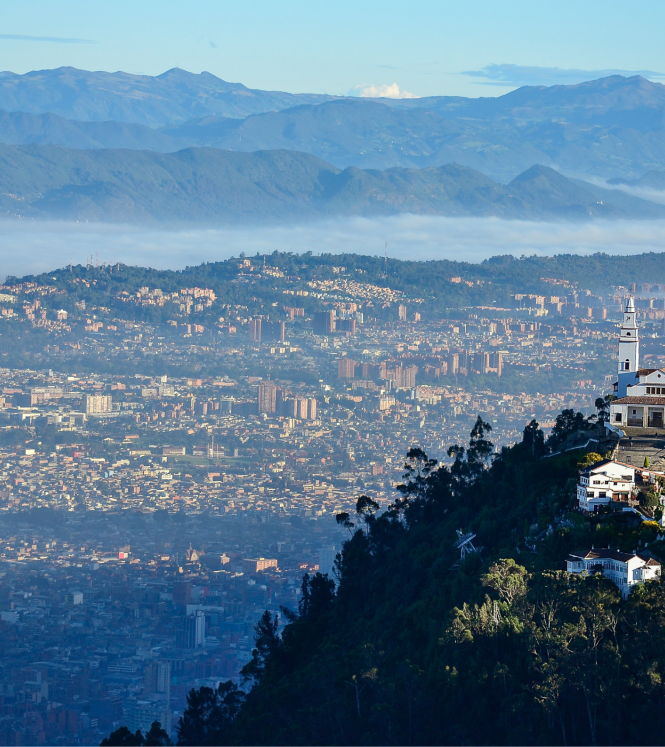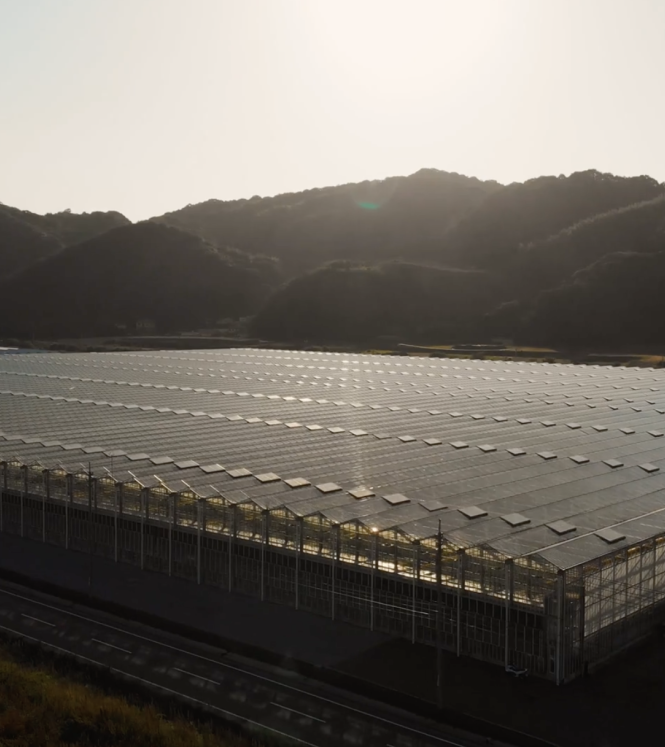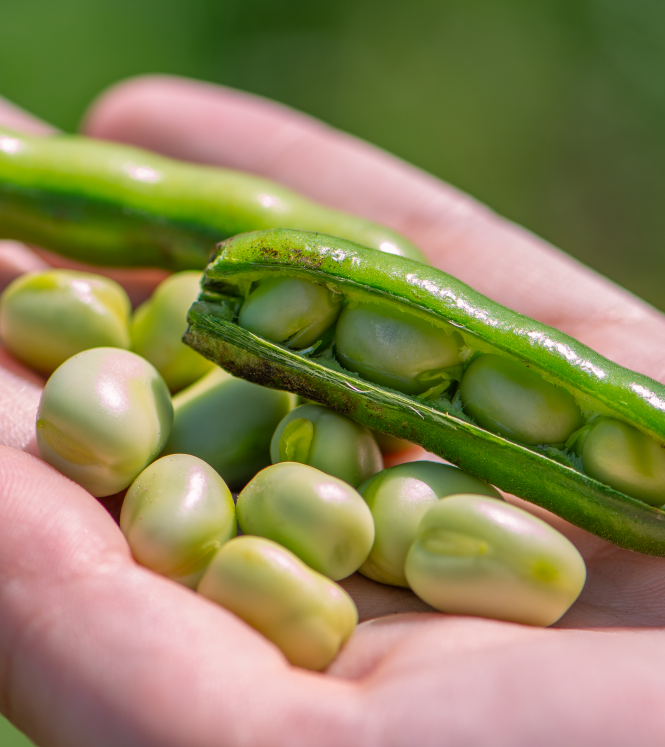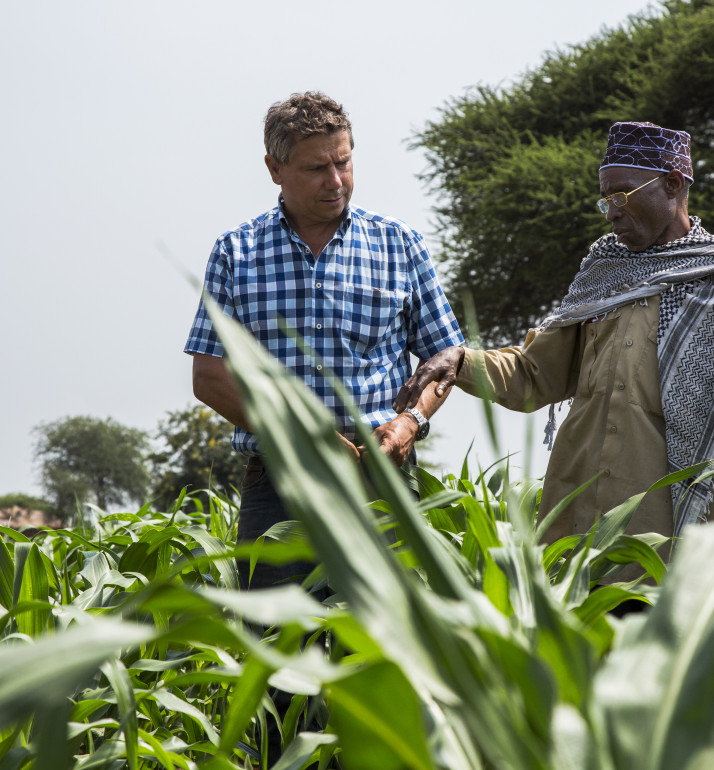
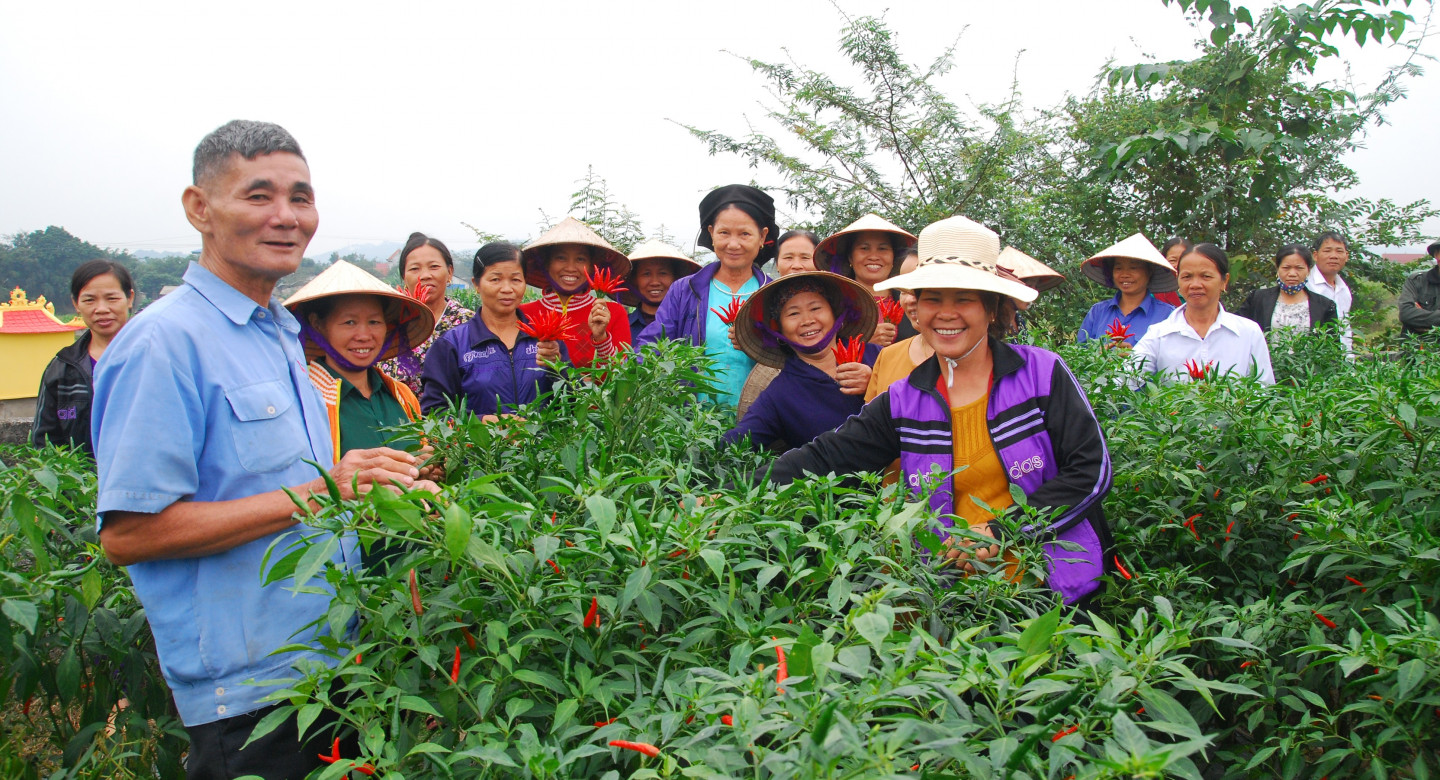
East-West Seed helps Vietnamese farmers increase productivity
Improving the productivity of smallholder farmers can make a large difference in meeting the ever-growing demand for healthy and nutritious food around the world. In the last four decades, Dutch tropical vegetable seed company East-West Seed (EWS) has provided millions of smallholder farmers in Southeast Asia with high-quality hybrid seeds, improving their productivity and standard of living.
Agriculture in Vietnam
Smallholder farmers are the backbone of Vietnam’s agricultural sector, responsible for the large majority of the agricultural production. In the Mekong Delta, Vietnam’s main rice producing region, agriculture is impacted by drought and salinisation and food loss is high. Boosting the productivity of small-scale farmers is vital for meeting the food demand of Vietnam’s growing population now and in the future.
Seeds that transform lives
When Simon Groot founded EWS in the 1980s, commercial vegetable farming hardly existed in Southeast Asia. In Vietnam, many smallholder farmers lived in hunger due to the poor harvest resulted from low quality seeds they saved from the previous season. To remedy this, Simon Groot and EWS then provided farmers with high-quality seeds, enabling them to increase productivity and transform their lives. This spurred a blossoming new market for tropical seeds in the region.
EWS, active in Vietnam since 1997, is one of the few global companies that produce and distribute local seeds. EWS develops and distributes hybrid seed together with local partners, taking into account local conditions and challenges. With the hybrid seeds, farmers can grow healthier, more nutritious, climate-resistant crops that require less irrigation, protection and fertiliser, thereby allowing shorter production cycles. This enables, for example, farmers in Cho Gao (Tien Giang) to exchange rice farming for sweet corn production. The switch resulted in better crops, higher yields, and a more stable income.
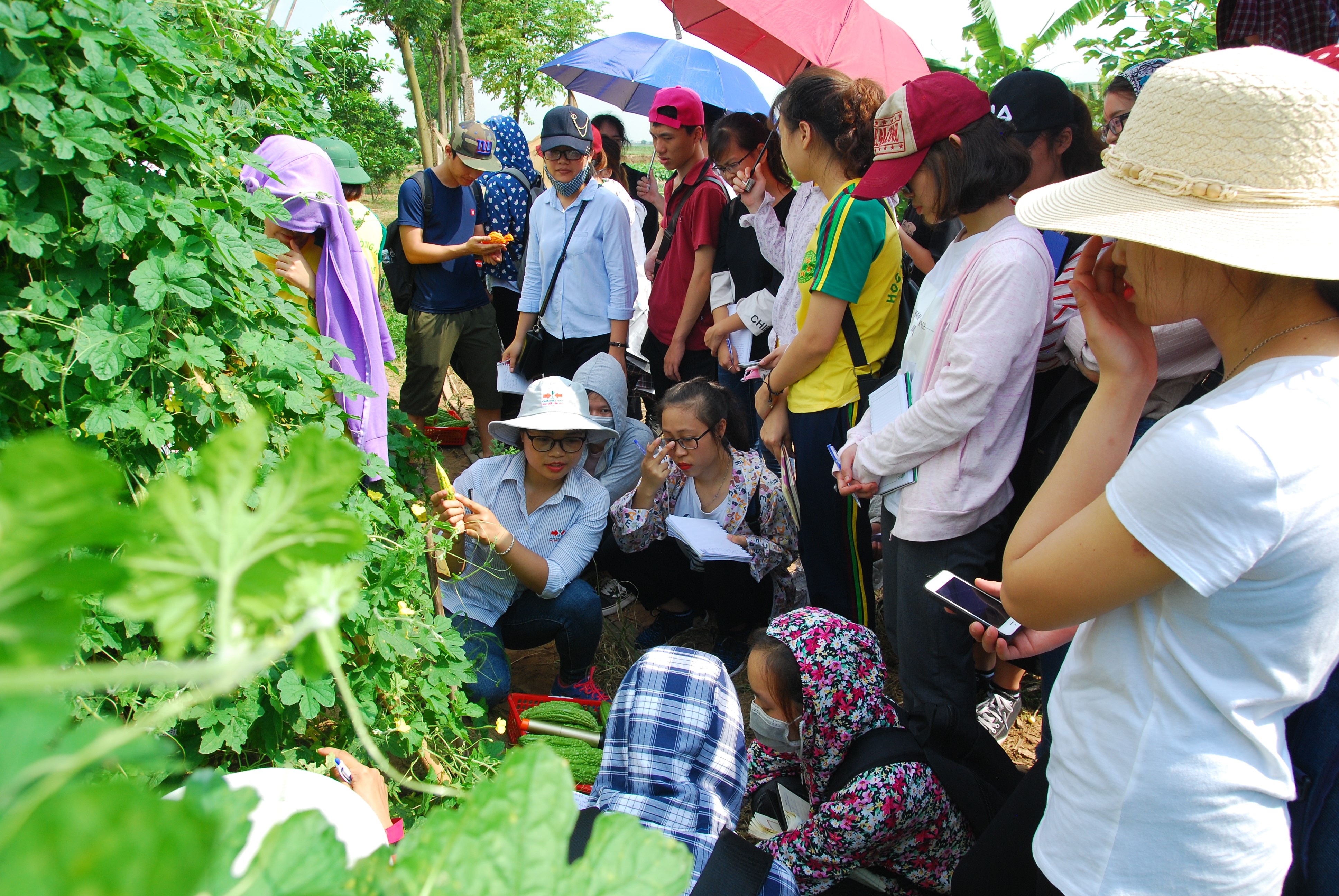
Boots on the ground
Persuading sceptical farmers to invest in slightly more expensive hybrid seeds for their own benefit is not always easy. That is why EWS representatives travel all over Vietnam, to show farmers how using high-quality seeds can make a difference. CEO Bert van der Feltz: “[the farmer] wants to see proof. That is why we visit the farmers in every village, in every corner of the country. We explain how our seeds works. And we ask whether we can sow a piece of the land for free … and you need to convince them that the wonderful yield is really a result of our seeds”.
Word of mouth does the rest. Soon an entire village is eager to know how a farmer managed to decrease spending on fertiliser and crop protection, increase yield and sell his – or her – products at a far higher price. Empowering women smallholder farmers is an important part of the EWS strategy as well.
“[The farmer] wants to see proof. That is why we visit the farmers in every village, in every corner of the country”
Training
Better seeds is just the beginning of the story: training is just as important. EWS partners with local and international NGOs to offer training and educate tens of thousands of farmers annually in good agronomic practices and vegetable farming. A special foundation is dedicated to raising the knowledge and income levels of local farmers, and their children can get special scholarships to study agriculture-related topics at university.
Partnership for rural development
To improve the lives of millions of smallholder customers, EWS also partners with Dutch and Vietnamese governments, farmers groups and research institutes. For example, the company collaborated with The Vietnam Farmers’ Union, Nong Lam University, Land, Water & Food Consult, and Wageningen University to define successful strategies and technologies to prevent salinisation and drought in the Mekong delta.
EWS also takes part in the public policy dialogue to make better quality seeds available to small farmers.
World Food Prize
Worldwide, EWS reaches some 20 million smallholder farmers each year, and over 100,000 farmers are trained. The impact of their efforts in improving the lives of some of Vietnam’s poorest communities are recognised globally. In June 2019, founder Simon Groot was the first-ever Dutchman to be awarded the prestigious World Food Prize for his “transformative role in improving the health and economic opportunities of small farmer communities in more than 60 tropical countries by helping them move from subsistence farming to horticultural entrepreneurship.”
Worldwide, EWS reaches some 20 million smallholder farmers and trains over 100,000 farmers each year

